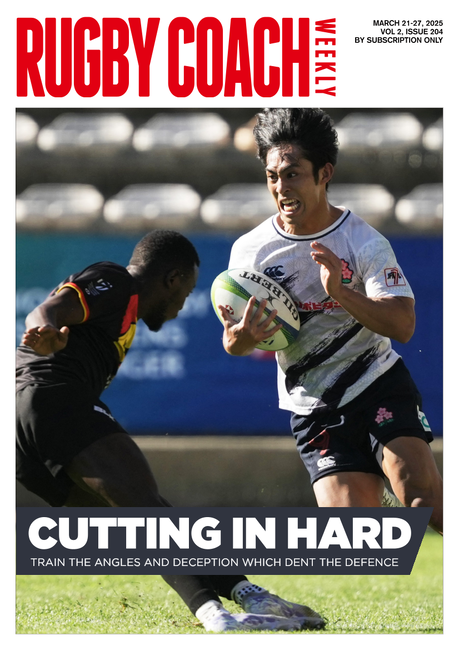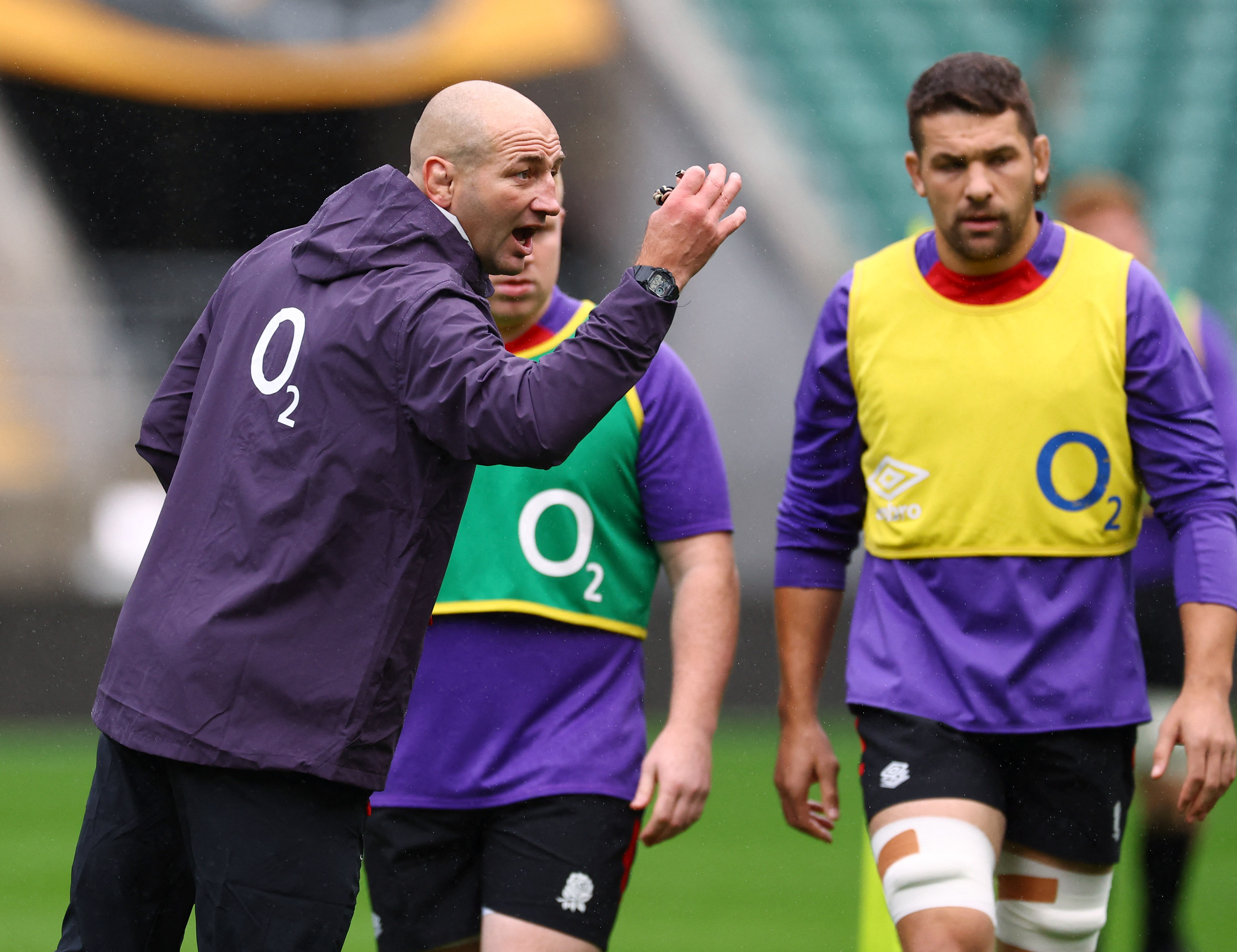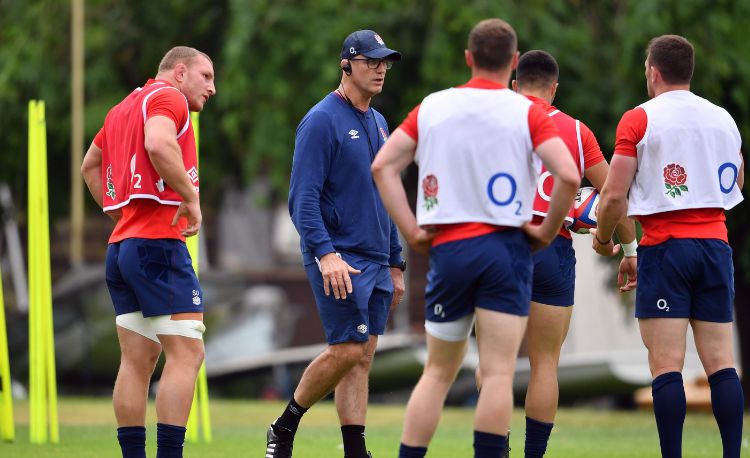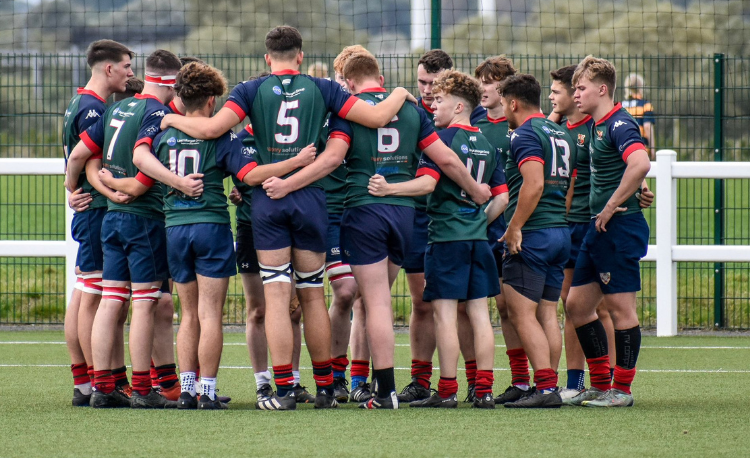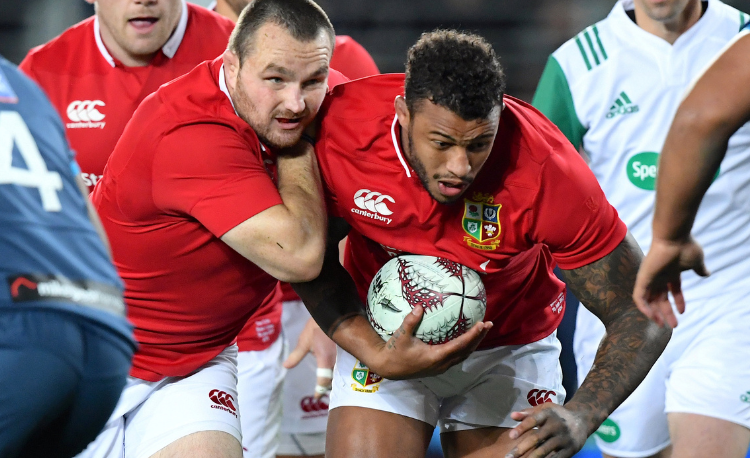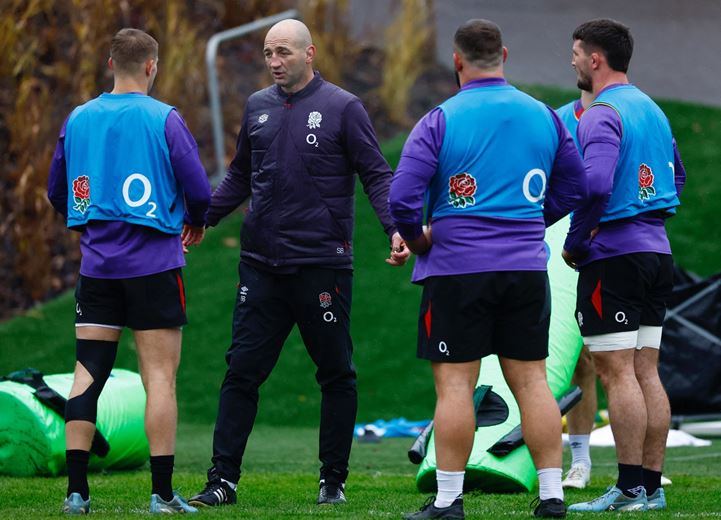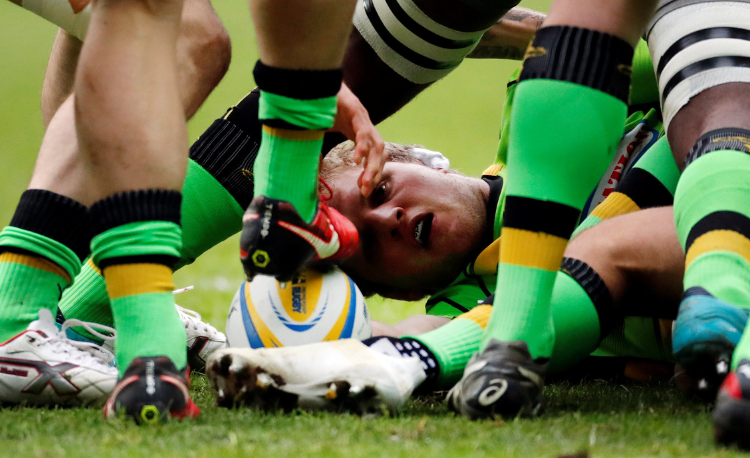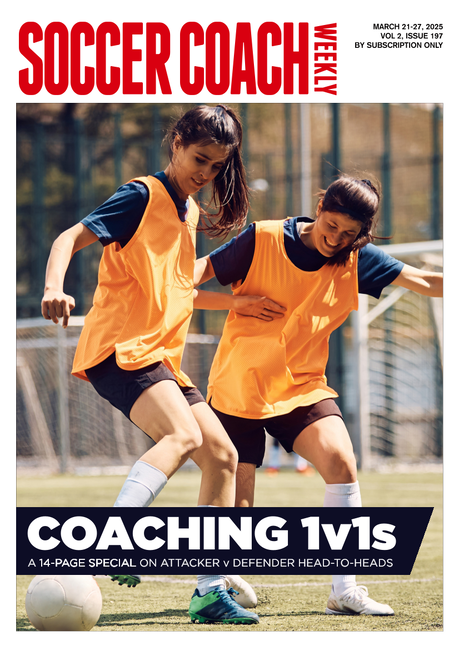Ethical advice for youth rugby coaches
Legal matters
You must coach within the laws of the land. Pay attention to health and safety, violent and abusing conduct, and discriminatory behaviour.
From the English RFU
Child protection is an important legal and moral concern for coaches. You need to protect your players from child abuse and, in turn, protect yourself from potential accusations of wrongful behaviour.
The major rugby unions run courses to make coaches aware of the potential signs of abuse. Things to be aware of include neglect, emotional abuse, sexual and physical abuse.
Remember that physical abuse can be present in children who are being pushed too hard in terms of their rugby. Look out for over training. Also watch out for the use of performance-enhancing drugs.
If a child approaches you with information, follow these procedures:
Respect the referee. It sends the right message to your players and others, and maintains a calm atmosphere for learning and development.
From New Zealand's "Rugby Smart"
"One of the great things rugby teaches people is discipline. It's one of the qualities a coach can instill in players. Don't tolerate foul play – particularly anything such as dangerous tackles or thuggery. Referee abuse is unacceptable at any level of the sport."
Fair play
Coach your players to respect their opponents and the Laws. Maintain your dignity whether you are winning or losing, because the sport is more important than one game.
To get more rugby coaching tips and drills, click here to order Coaching Rugby, a manual created for new and aspiring coaches of junior players. It is designed to help you build your players' techniques, skills and understanding of the whole game from ages 8 to 16.
Click here to get more rugby coaching tips for working with young players.
You must coach within the laws of the land. Pay attention to health and safety, violent and abusing conduct, and discriminatory behaviour.
From the English RFU
- Ethics – creating a positive environment with good sporting attitudes.
- Equity/social inclusion – welcoming people from all backgrounds to the game.
- The principles of safety, equity, child protection, enjoyment, and law need to be properly established.
Child protection is an important legal and moral concern for coaches. You need to protect your players from child abuse and, in turn, protect yourself from potential accusations of wrongful behaviour.
The major rugby unions run courses to make coaches aware of the potential signs of abuse. Things to be aware of include neglect, emotional abuse, sexual and physical abuse.
Remember that physical abuse can be present in children who are being pushed too hard in terms of their rugby. Look out for over training. Also watch out for the use of performance-enhancing drugs.
If a child approaches you with information, follow these procedures:
- Listen without prejudice.
- Tell the child they were right to tell you.
- Tell the child that you are going to tell someone else, no matter what they say to the contrary. Then do it!
- Make a written note of everything that was said and your action as a response to the child's allegation.
- Immediately inform your club's child welfare office or approach your rugby union about the allegation.
- Share your concerns with your club's, or union's, child welfare officer to decide on the best procedure. Then act on it.
- Only approach the parents for further information if you think it will not put the child at risk.
- Don't coach one-on-one unless there is another adult present.
- Never give out your personal contact details.
Respect the referee. It sends the right message to your players and others, and maintains a calm atmosphere for learning and development.
From New Zealand's "Rugby Smart"
"One of the great things rugby teaches people is discipline. It's one of the qualities a coach can instill in players. Don't tolerate foul play – particularly anything such as dangerous tackles or thuggery. Referee abuse is unacceptable at any level of the sport."
Fair play
Coach your players to respect their opponents and the Laws. Maintain your dignity whether you are winning or losing, because the sport is more important than one game.
To get more rugby coaching tips and drills, click here to order Coaching Rugby, a manual created for new and aspiring coaches of junior players. It is designed to help you build your players' techniques, skills and understanding of the whole game from ages 8 to 16.
Click here to get more rugby coaching tips for working with young players.
Newsletter Sign Up
Coaches Testimonials

Gerald Kearney, Downtown Las Vegas Soccer Club

Paul Butler, Florida, USA

Rick Shields, Springboro, USA

Tony Green, Pierrefonds Titans, Quebec, Canada
Subscribe Today
Be a more effective, more successful rugby coach
In a recent survey 89% of subscribers said Rugby Coach Weekly makes them more confident, 91% said Rugby Coach Weekly makes them a more effective coach and 93% said Rugby Coach Weekly makes them more inspired.
Get Weekly Inspiration
All the latest techniques and approaches
Rugby Coach Weekly offers proven and easy to use rugby drills, coaching sessions, practice plans, small-sided games, warm-ups, training tips and advice.
We've been at the cutting edge of rugby coaching since we launched in 2005, creating resources for the grassroots youth coach, following best practice from around the world and insights from the professional game.


